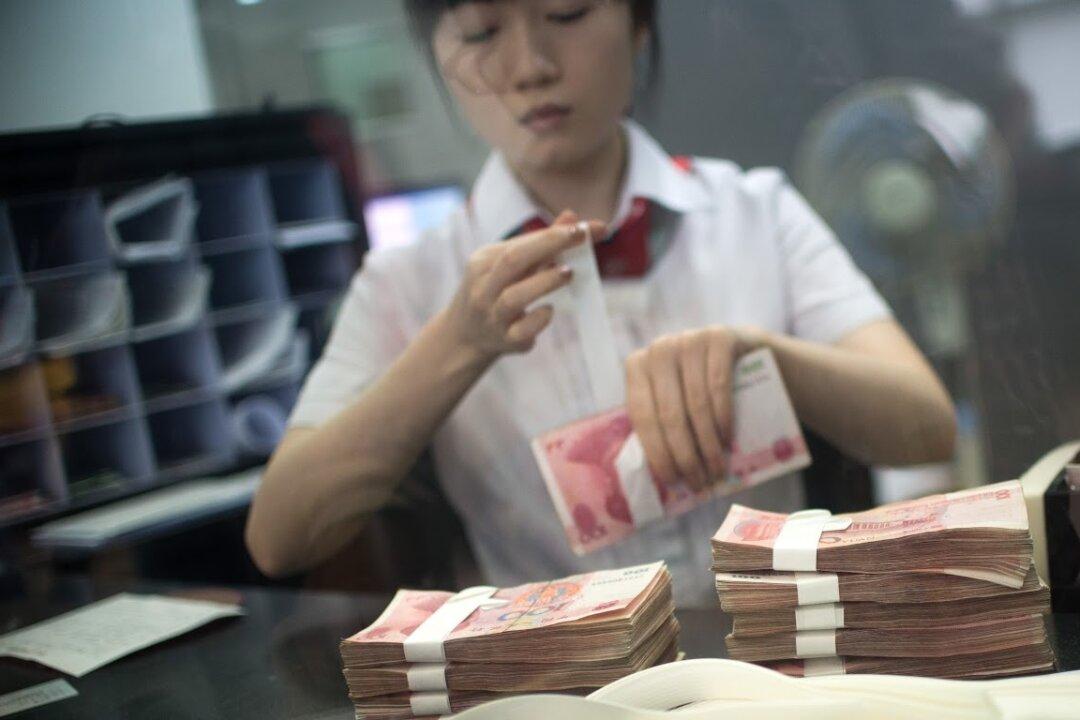It doesn’t mean China will do anything about it, but the central bank governor Zhou Xiaochuan said on March 20 that corporate borrowing is “on the high side.”
This statement is a bit of an understatement because corporate debt is higher than 160 percent of GDP, or higher than in any other country according to the Bank for International Settlements.
There is no end in sight to bond issuance either. Chinese corporates have issued almost 5 trillion yuan ($770 billion) worth of bonds in the first two months of 2016, more than half of the 2015 total of 8 trillion yuan ($1.23 trillion). The total stock at the end of 2015 was 21.6 percent of GDP according to investment bank Société Générale.
But as China tries to juggle a couple of different debt balls, corporate bonds are coming under more and more pressure.
“The corporate bond market is becoming increasingly vulnerable. In addition to supply risk, we see two other possible triggers for accidents in the domestic credit market, which would have unpleasant implications for banks,” the investment bank wrote in a note to clients.
One of the reasons is actually good news. Because stocks have stabilized and real estate prices are rising, Chinese retail investors may scale back their bond investments and put the money into stocks and real estate again.






